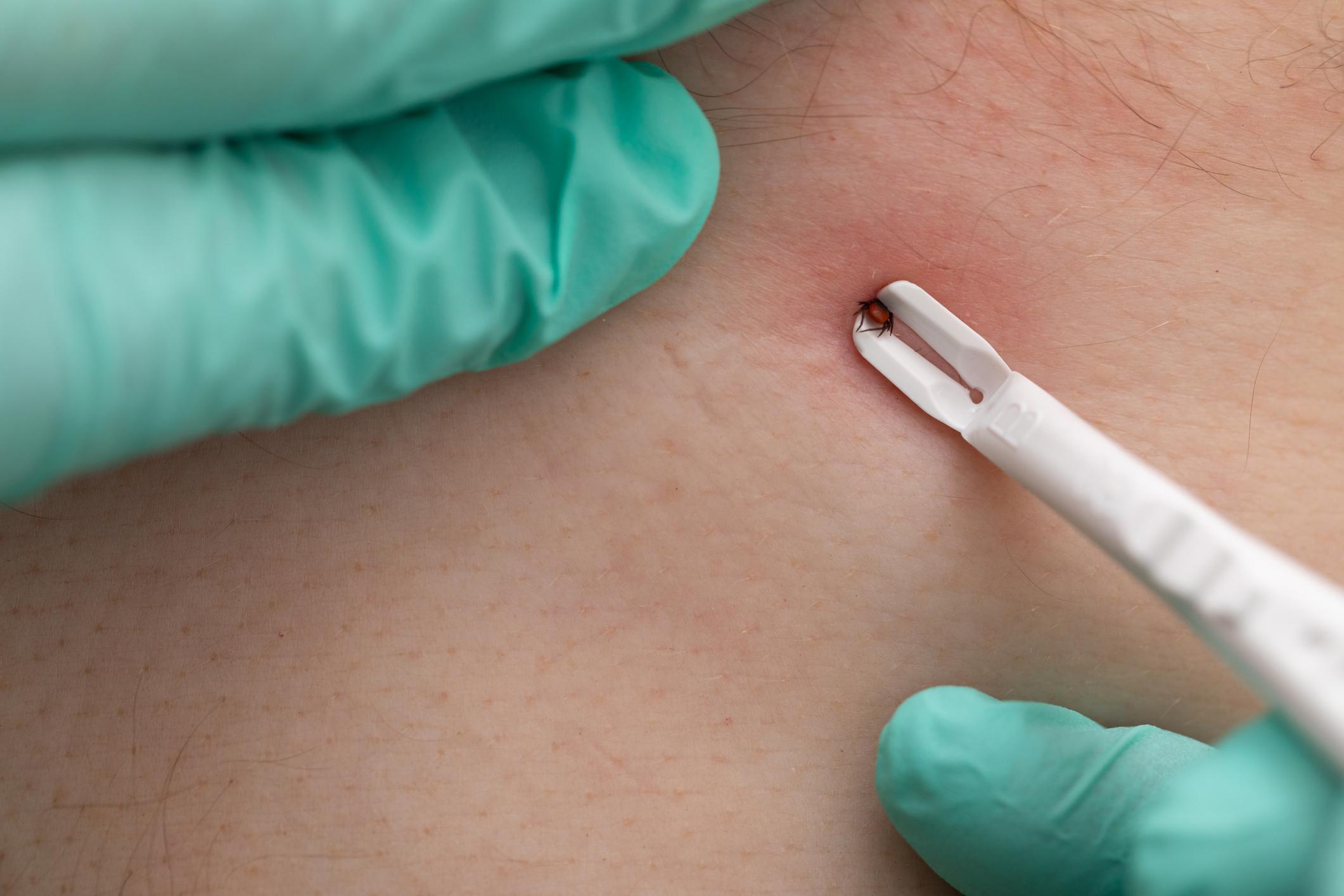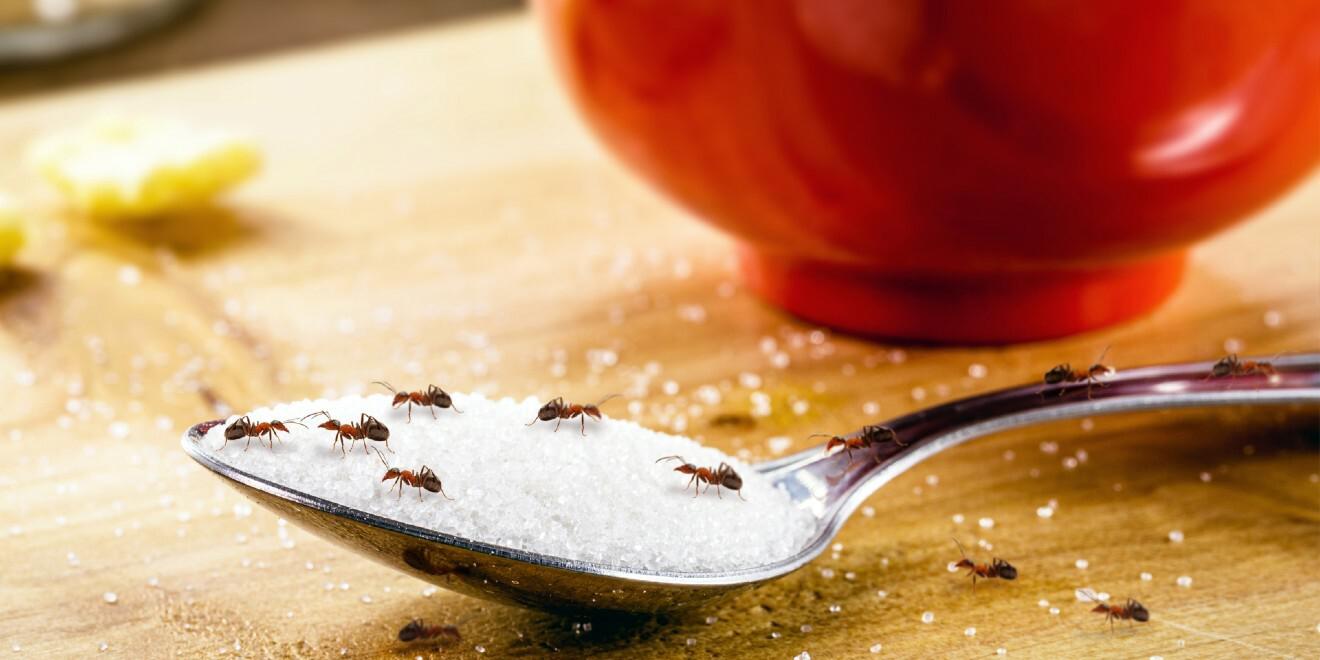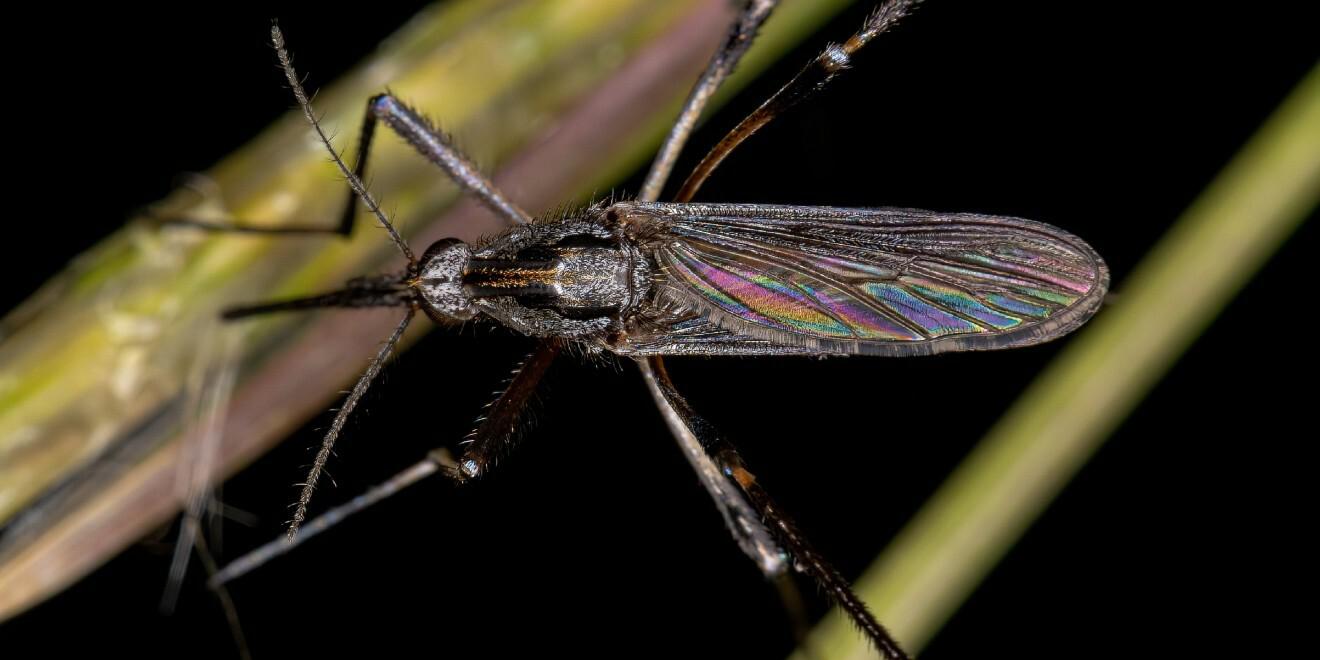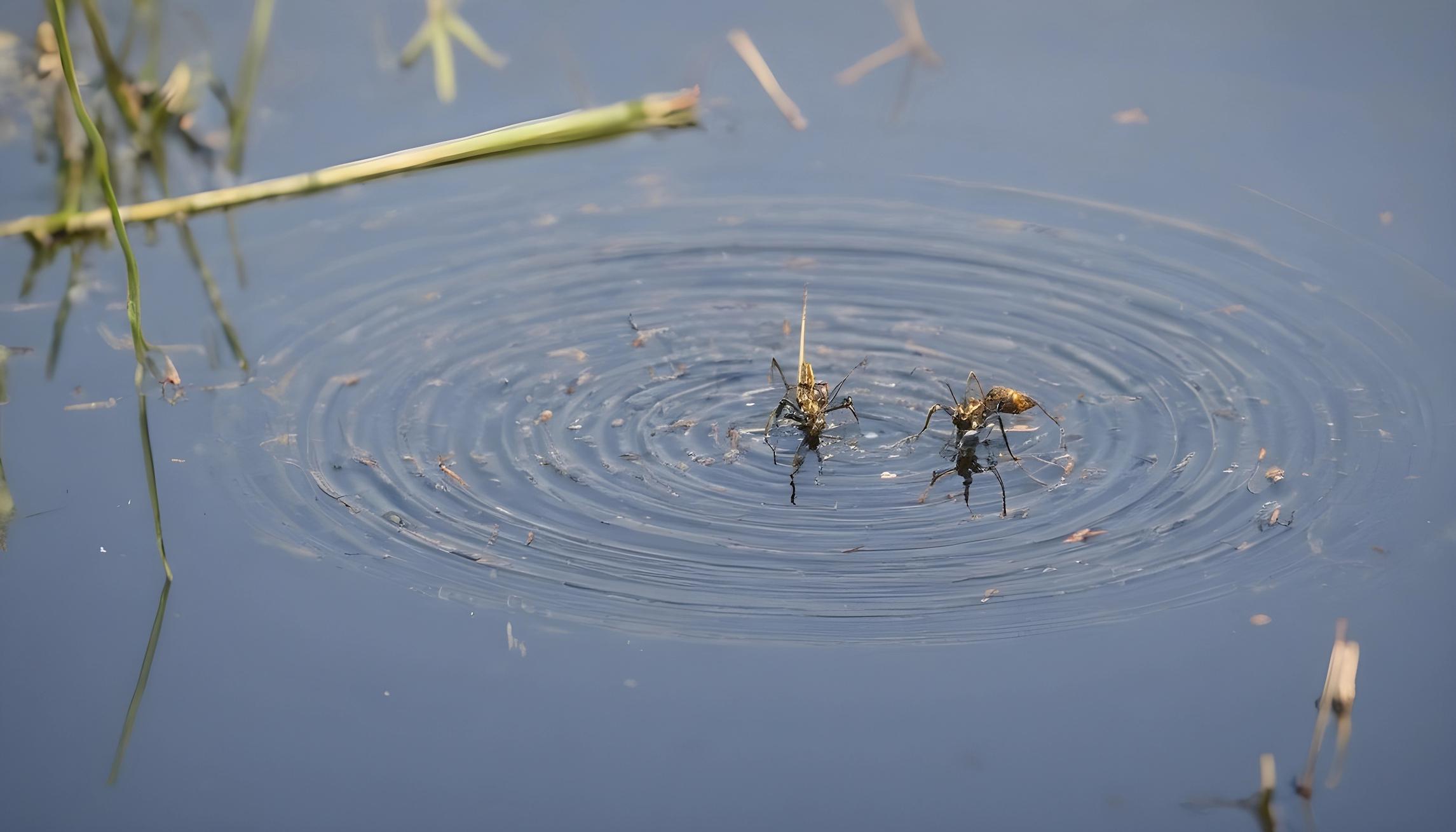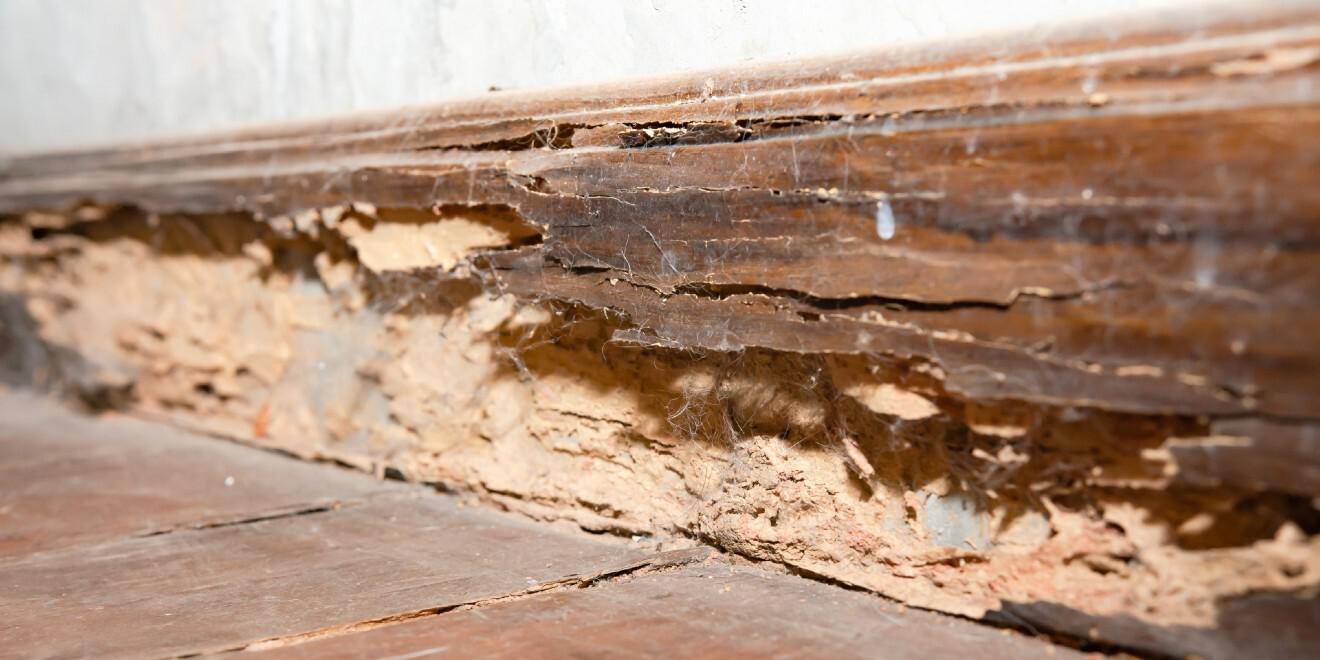Lyme Disease Is Not the Only Tick Disease on the Central Mass North Shore
Posted by Mosquito Squad
May 15, 2014
Lyme Disease gets much of the news when we read about tick-borne illnesses. Bacteria cause Lyme Disease and the lesser-known Anaplasmosis. Another tick-borne illness, Babesiosis, is caused by a parasite. The Massachusetts Department of Public Health, (MDPH), reports these tick-borne diseases each year to the CDC.
The MDPH reported 329 confirmed cases of Anaplasmosis in our state during 2013. Essex County alone reported 27 of these cases, or 8%. The highest numbers of cases were reported in the month of June. Cases continued to be reported through November when they began to decline.
Babesiosis also increased in Massachusetts. A total of 924 cases were investigated in the state. Of the 924 cases investigated, Essex County had 34 confirmed cases. Last year was the first time Babesiosis was reported in all of the state’s counties, except for one. Each of these counties saw a substantial increase in numbers from the previous year. In 2012, 5 people in MA died from Anaplasmosis or Babesiosis.
Spring and summer are the most likely times to be infected with Anaplasmosis and Babesiosis. Most cases occur because ticks are in their nymph stage and no bigger than a poppy seed. Their size allows them to go unnoticed and often the victim doesn’t even know they were bitten.
Anaplasmosis symptoms include fever, headache, chills, nausea and muscle aches. Symptoms of this disease usually begin within 1 to 2 weeks of a tick bite. Unlike Lyme Disease, a rash is rare. Both adults and children can be treated with antibiotics. One-third of the patients with Anaplasmosis were hospitalized last year. Individuals with compromised immune systems and those over 60 years of age have the most difficulty in recovering from this illness. Specialized lab tests may be needed by your physician to confirm a diagnosis.
It is not unusual for Babesiosis victims to show no signs of the disease. If symptoms do occur it is often a few weeks or even months after the initial infection. If symptoms occur, they are the common flu-like symptoms, similar to other tick-borne diseases. For Babesiosis, 36% of all patients in 2013 required hospitalization and 55% were over the age of 60. Severe cases of Babesiosis can be associated with several life-threatening conditions, including acute difficulty breathing, mental confusion and heart attack.
Prevention is the first course of action to take against tick-borne diseases. Checking for ticks on your skin after being outdoors is important. If a tick is found, remove it properly and place it in a sealed clear plastic bag.
Reducing places where ticks like to hide in your yard is important as well. Eliminating or reducing leaf litter and thick shrubbery around your yard helps reduce the number of ticks. A barrier treatment provided by Mosquito Squad of the North Shore eliminates ticks and thereby greatly reduces the exposure of your family and pets to these tick-borne diseases. Mosquito Squad’s tick control service is designed to be season long, effective, and effortless for Mosquito Squad customers. Each perimeter mist treatment works for approximately 3 weeks. Mosquito Squad then comes back and re-treats during the entire season for the best tick protection.
For severe tick problems, Mosquito Squad has a tick-intensive program. The tick-intensive program is designed to eliminate ticks where they hide. Surprisingly, the places they hide are in rodent dens and where rodents live under leaf litter and piles of brush. Read more about tick tubes in our blog post next week.











